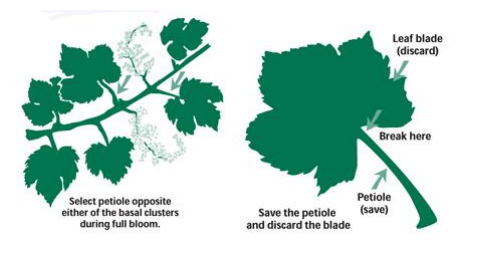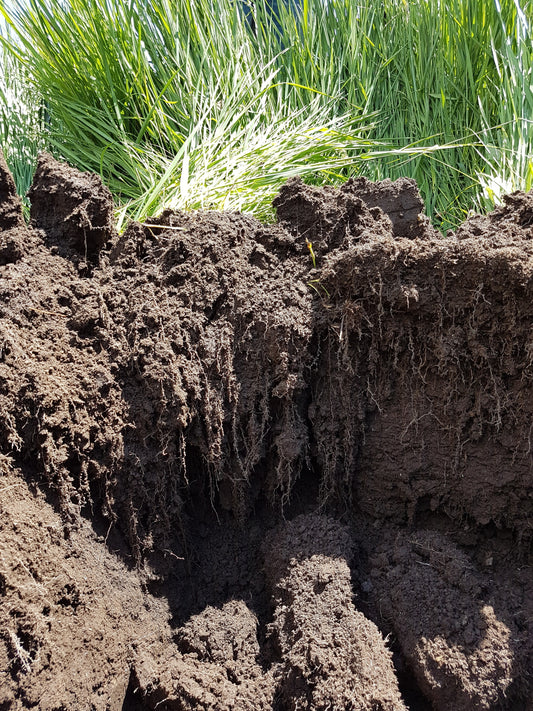When my son was two years old, it was clear he was getting too old for his childhood dummy (AKA pacifier or binky.) It was huge for him and harrowing for me knowing my moments of quiet were gone. I hid his dummy away, and over the next few hours, grumbles shifted to whining, escalating to full blown tantrums, until I broke my resolution. The next day, explaining he was a big boy now, we went through the same process again, and the longer I held out the more intense his reactions. This situation was a rollercoaster over the next week ending in full nuclear meltdown.
Picture a rat in a cage, every day it pushes a lever and food appears, except one day nothing happens. The rat continues to push on the lever, and with no reward there is an escalation in violence, hitting and bashing the lever until the rat runs out of steam. This phenomenon is not limited to children and rats; adults experience it too, especially when trying to break habits or change routines. From broken vending machines to cigarettes, the rising emotion is a natural response to the sudden absence of an expected reward, a last-ditch effort to regain what was lost.
In psychological terms this is described as an “extinction burst”; a response characterized by a surge in the frequency, intensity or the duration of undesirable or maladaptive behaviors when a behavior is no longer reinforced.
We can see this play whenever old ways come to an end. I can’t even begin to imagine the world Claudette Colvin and Rosa Parks experienced during segregation. When they refused to move to the back seat of the bus, they were jailed and faced abuse, furious wrath and hatred. For 381 days the Montgomery bus boycott pulled a peaceful community together to “stay the course.” After a year the Supreme Court ruled that segregated buses were unconstitutional.
I think about Rachel Carson when she published Silent Spring and witnessing the chemical industry going bananas as they attempted to discredit her: she’s “ hysterical” “emotional” and “unscientific” and not only that but “she's disloyal” and “an unpatriotic woman.” A scientific review was titled “Silence, Miss Carson.” She stayed the course and gradually DDT was banned around the world.
We are seeing escalations of unworkable and untenable behaviors all around us. Consumerism, water, fertilizer, and pesticide use continue to rise despite warnings that we are now beyond our planetary boundaries. In response we see kneejerk responses to pollution, climate change, with legislations, restrictions, culled cows and vaccines. Opinions and solutions are becoming more polarized by the day. Personally, I feel we are exiting the era of the great chemical experiment; the age of degeneration is escalating before we shift into deeper relationships of regeneration with the earth.
Navigating a crisis effectively is paramount when dealing with an extinction burst. In moments when it seems darkest before the dawn, our response can determine the outcome. Effective crisis navigation is not just about enduring the storm but also about leveraging it for growth and transformation.
When I got creative and brought some love to my son’s dummy distress, we changed the narrative. I supported him in making his own choice, “how about we send the dummy to the dummy fairy?” With some scissors he cut his dummy up (no return now buddy!) and we put it in the mailbox for the mythical dummy fairy to collect (AKA my Dad waiting for us to go back inside). In exchange a chocolate mushroom was left as payment. Later that day mouth full of chocolate and big sad eyes, he looked up at me, “dummy has gone now?” and that was the last he ever mentioned it.
It's crucial during an extinction burst to maintain a clear perspective and not succumb to panic. By understanding it is a temporary phase, we can approach it with a strategic mindset rather than an emotional reaction. This involves setting realistic expectations and preparing for the inevitable challenges.
Tips on navigating extinction bursts
Build good support networks: These are not the people who leave you feeling overwhelmed and drowning. Do you have a personal and professional crew, people to help you to steady the ship in turbulent times?
Share your voice: Inoculate your communities with your possibilities, purpose and actions that you are taking. We need to hear a diversity of voices, listen and be curious with what others are going through too. Rub some joy into the footing of the pitching deck.
Take good care of yourself: In a world that is spinning faster, sometimes the best course of action is to be still, rest, unplug and stop pushing against the wind for a bit.
Celebrate: The world may seem heavy at times, and for many in this consumerist world we have lost the art of play, relaxation and celebration. What time honored traditions do you have, what can be revived or created? Is there a dummy fairy you need to call into your life? If you have forgotten how to play, ask a three-year old.
Stay the course my loves: What do you strongly believe and care about? Being clear on your values and deeper purpose makes it easier to move forward when the world seems to disagree. This is not the same as sticking our heads in the sand! There are many bright lights and examples of people and communities regenerating around the world, and this space is moving fast. Know that the stronger your beliefs and clearer your goals, the more the system will try and maintain the status quo and steer you away. Escalation of poor behaviors, heightened emotions and temporary steps backwards are all signs that the system is hitting the rocks.
Bring empathy: The death of the chemical industrial era is not going to be easy or pretty. By being proactive and prepared, we can face the challenges of an extinction burst with confidence and determination, paving the way for new beginnings and opportunities.
Remember it is always darkest before the dawn. Stay the course.




